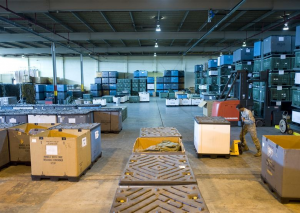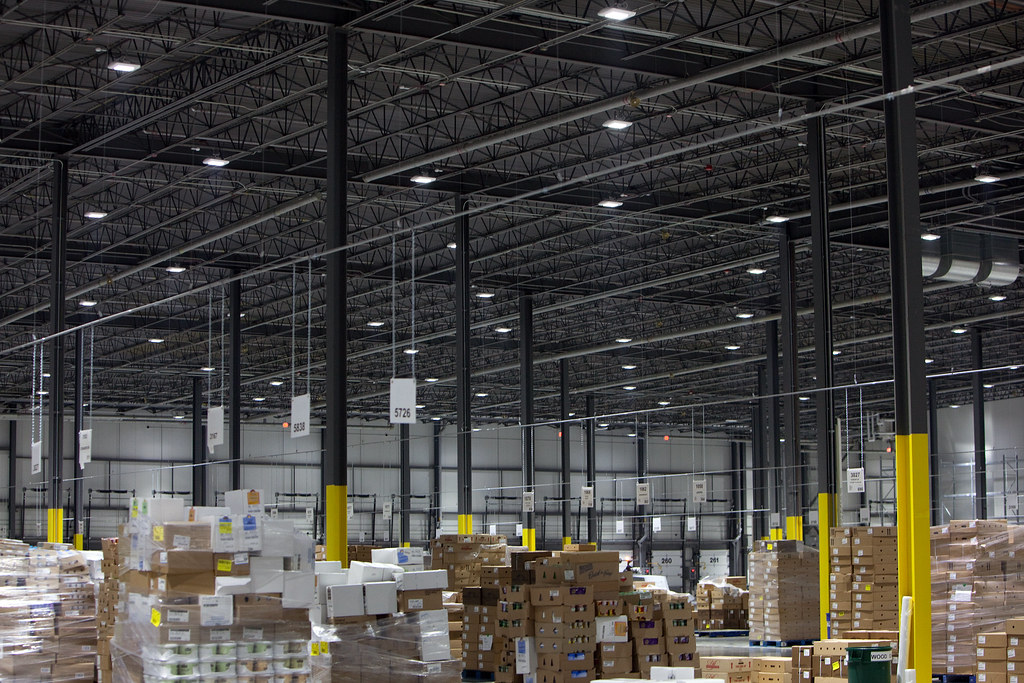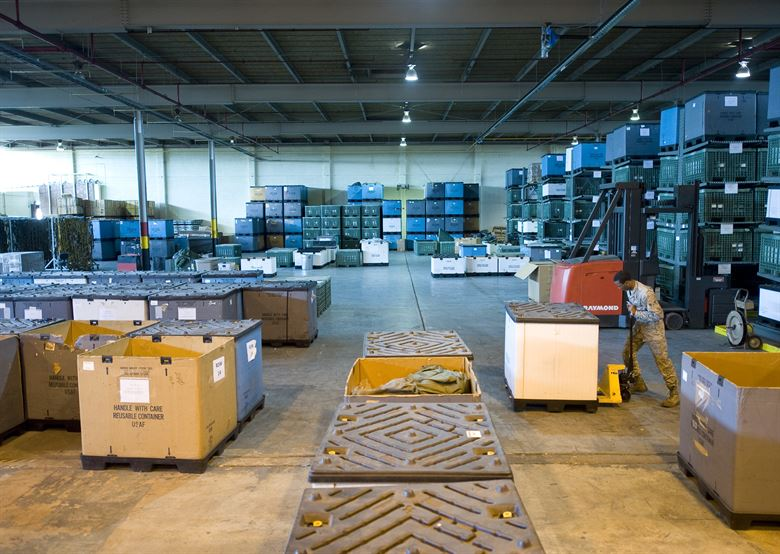
Tips to make you warehouse less noisy for all
Warehouses are often noisy places. The constant movement of people and machinery, in a big echoey space, maybe with metal walls and roof, means workers can be exposed to high noise levels over the course of their shift. If your warehouse is combined with a manufacturing production line then the noise can be even higher. You may also want to consider monitoring your warehouse for dust and other air borne particles that can also causes issues for your employees. Dust Monitors like those that you can find at http://www.mattsmonitors.co.uk/construction-dust-monitors.html can help to monitor dust in any given area of your business premises.
Typical warehouse noise can be between 80 and 90 decibels – equivalent to a lawnmower or loud alarm clock https://www.noisehelp.com/noise-level-chart.html – not something you would want to be exposed to for several hours.
Protecting staff
One of the first things you can do is look at giving your staff some form of protection. Ear defenders are a common solution, particularly for people operating machinery like forklift trucks. However, you have to be careful not to completely block all sounds for safety reasons. You might consider an alternative like allowing staff to use portable MP3 players to listen to music as they work. Don’t be tempted to add to the problem by playing music over a PA system as this can make things worse.
You should also encourage your staff to get their hearing checked on a regular basis. Oddly enough, checking blood sugar levels is important too as raised blood sugar can often be a symptom of hearing problems like tinnitus or deafness.
Cutting noise directly
There are also some things you can do to try to cut overall noise levels. As well as racking and shelving, warehouses often contain things like conveyor belts. These can be a source of noise especially if they are driven by motors and belts. A roller conveyor that works on gravity alone is a much quieter option.
It may also be worth looking at applying soundproofing to particularly noisy areas. This is a particular issue in corners. Hanging some sound absorbing material on bare walls, especially at the corners of the building, can help to stop sounds reverberating.
Something else you can look at is designating particular areas as quiet zones. This can be an office where people can go to complete their paperwork or a break room where staff can get away from the bustle and noise of the warehouse for a short period of time.


Leave a reply